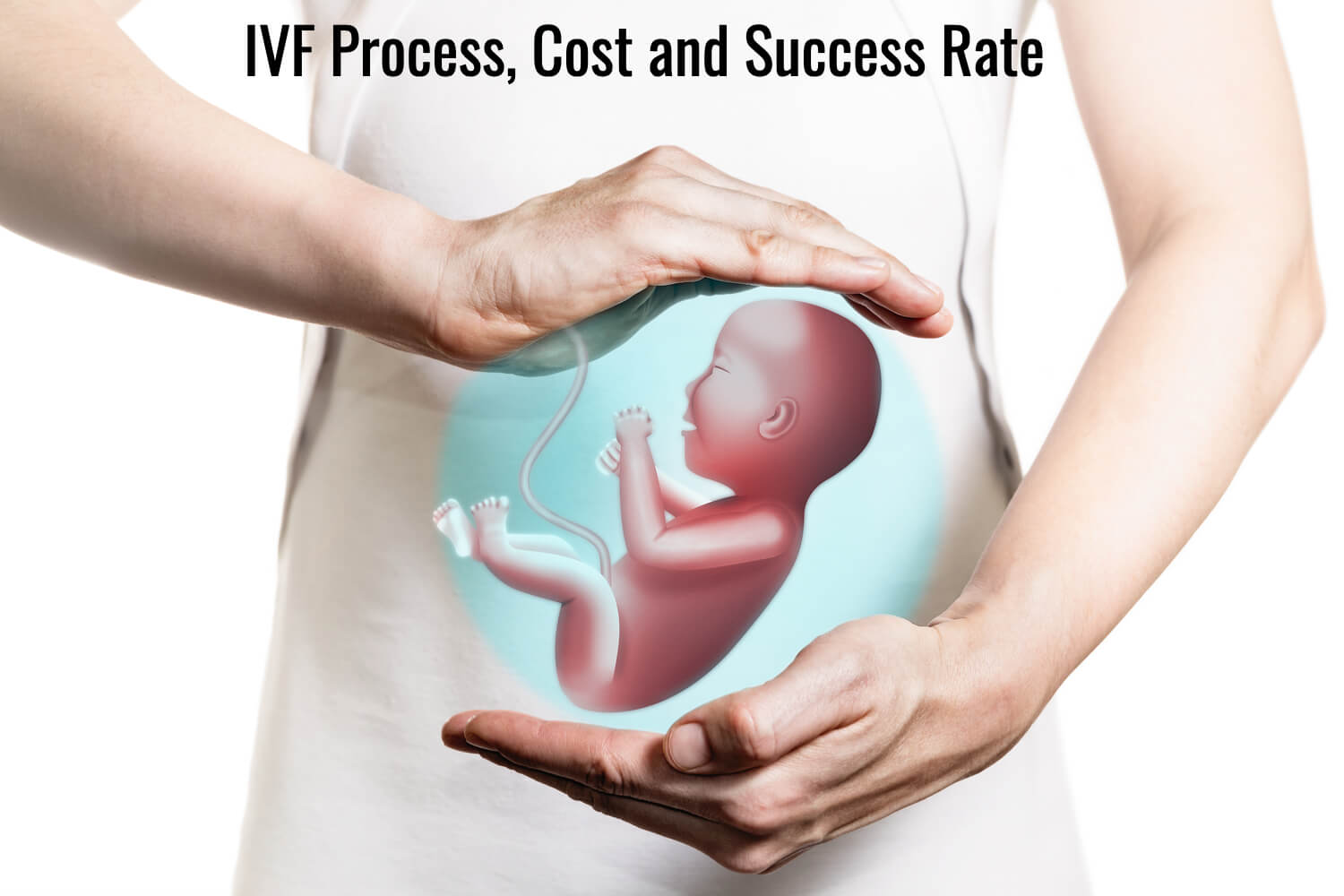Introduction
In vitro fertilization (IVF) represents a beacon of hope for lots of persons and partners grappling with infertility. In excess of the earlier number of many years, developments in reproductive engineering have not only enhanced the odds of conception but also opened the doorway to a revolutionary process: preimplantation genetic analysis (PGD). PGD allows for the genetic screening of embryos before they are implanted in the uterus, ensuring that only embryos without identified genetic disorders or abnormalities are chosen for pregnancy. As we navigate via the twenty first century, PGD stands at the forefront of reproductive medicine, heralding a new era of genetic screening that guarantees to reshape the future of IVF.
The Evolution of IVF and Genetic Screening
IVF has undergone a radical transformation since the birth of Louise Brown, the world’s 1st “exam-tube toddler,” in 1978. Early IVF methods have been marred by reduced accomplishment premiums and restricted knowing of embryonic growth. The introduction of genetic screening was a activity-changer, letting embryologists to take a look at the genetic make-up of embryos and pick out these with the maximum probable for a healthier pregnancy.
The Advancement of Preimplantation Genetic Diagnosis
PGD is a specialised technique that involves eliminating just one or a lot more cells from an IVF embryo to examination for precise genetic situations prior to the embryo is transferred to the uterus. In the beginning created to screen for sexual intercourse-connected diseases, PGD has expanded to incorporate a large array of genetic and chromosomal abnormalities.
Comprehension the Genetic Screening Approach
The procedure of PGD starts with the normal IVF cycle, the place eggs are harvested and fertilized in the lab. dig this attain the blastocyst stage, a number of cells are biopsied and analyzed utilizing 1 of quite a few genetic screening techniques, such as polymerase chain response (PCR) or next-technology sequencing (NGS). These solutions let for the detection of single-gene ailments, chromosomal abnormalities, and even the opportunity for inherited cancer syndromes.
The Ethics of Genetic Screening
As with many advancements in biotechnology, PGD provides with it a host of moral considerations. The capability to pick out embryos primarily based on genetic standards has sparked discussion over the idea of “designer babies” and raised problems about eugenics. Ethicists and health care professionals keep on to grapple with these challenges, striving to come across a equilibrium concerning the added benefits of genetic screening and the moral implications of genetic variety.
The Impact of PGD on Genetic Disorders
PGD has experienced a profound impact on the avoidance of genetic ailments. Households with histories of heritable disorders like cystic fibrosis, Tay-Sachs ailment, or Huntington’s sickness now have the possibility to bear youngsters with no the worry of passing these conditions on. This has not only reduced the incidence of sure genetic ailments but also alleviated the emotional and monetary load on families and healthcare techniques.
Developments and Innovations in PGD
The area of PGD is continuously evolving, with new technologies maximizing its precision and scope. The introduction of in depth chromosomal screening (CCS) will allow for the examination of all 23 pairs of chromosomes, making certain that only embryos with the proper number of chromosomes are implanted. This has noticeably diminished the threat of miscarriages and improved the results rates of IVF.
The Position of PGD in Loved ones Balancing and Gender Variety
Just one of the a lot more controversial facets of PGD is its use in relatives balancing and gender collection. Some argue that the potential to pick out the intercourse of one’s boy or girl is a purely natural extension of reproductive liberty, when many others worry about the social and demographic implications of such options. Nonetheless, in circumstances exactly where gender-unique genetic ailments are a issue, gender selection continues to be a crucial part of PGD.
The Upcoming of PGD: Expanding the Alternatives
As we seem to the potential, PGD is poised to grow in capabilities. Investigation into polygenic danger scores could empower PGD to display for advanced circumstances like coronary heart disease or diabetic issues, which are influenced by a number of genes. There is also the possible to use PGD in conjunction with gene modifying systems like CRISPR, to not only pick out but also suitable embryos at the genetic amount, although this remains ethically and legally contentious.
Lawful and Regulatory Criteria
The regulation of PGD differs drastically all around the environment, with some international locations embracing the know-how and some others imposing rigorous constraints. As the science progresses, policymakers will be challenged to generate frameworks that be certain ethical programs of PGD while supporting scientific advancement.
Conclusion
Preimplantation genetic analysis stands at the intersection of genetics, medicine, and ethics, offering unparalleled manage above the genetic wellbeing of long run generations. Its integration with IVF has presently improved the prospective buyers of would-be mom and dad to have healthy youngsters and guarantees to proceed its trajectory of innovation in the realm of reproductive wellness. As we advance, it is critical that we think about the ethical implications and lawful frameworks needed to information the accountable use of this strong technologies. The foreseeable future of PGD in IVF is not just about the science of genetics, but also about the values we as a society pick to uphold
